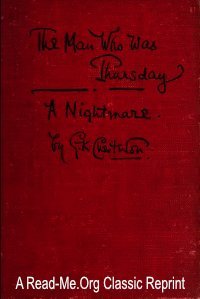By R.L. Stevenson. Edited by Colin Heston
Volume 3 of the works of Robert Louis Stevenson is a fascinating collection that showcases his versatility as a writer. This volume includes the chilling short story "The Body Snatcher" and the insightful essays in "Familiar Studies of Men and Books."
"The Body Snatcher" is a macabre tale that delves into the dark world of grave robbing and medical ethics. Set in 19th-century Scotland, the story follows Fettes, a medical student, and his involvement with the unscrupulous Dr. Wolfe Macfarlane. The duo engages in the illegal practice of body snatching to supply cadavers for anatomical study. Stevenson's narrative is rich with suspense and horror, exploring themes of guilt, morality, and the consequences of one's actions. The story's climax is particularly haunting, leaving readers with a lingering sense of dread and contemplation about the darker aspects of human nature.
"Familiar Studies of Men and Books" is a collection of essays in which Stevenson examines the lives and works of various literary figures and thinkers. Through these essays, Stevenson offers his reflections on the personalities and contributions of individuals such as Victor Hugo, Robert Burns, and Walt Whitman. His writing is characterized by a blend of critical analysis and personal insight, revealing his deep appreciation for literature and the human condition. Stevenson’s essays are not merely biographical; they are thoughtful explorations of the impact these figures had on their respective fields and on Stevenson himself. The essays are marked by Stevenson's eloquent prose and his ability to connect with readers on an intellectual and emotional level.
Overall. Volume 3 of Stevenson's works is a testament to his literary prowess, combining the eerie and gripping narrative of "The Body Snatcher" with the reflective and scholarly essays in "Familiar Studies of Men and Books." This volume highlights Stevenson's ability to traverse different genres and themes, offering readers a rich and varied reading experience. Through his storytelling and essays, Stevenson continues to captivate and provoke thought, making this collection a valuable addition to his oeuvre.
Read-Me.Org. Australia. 2025. 185p.



